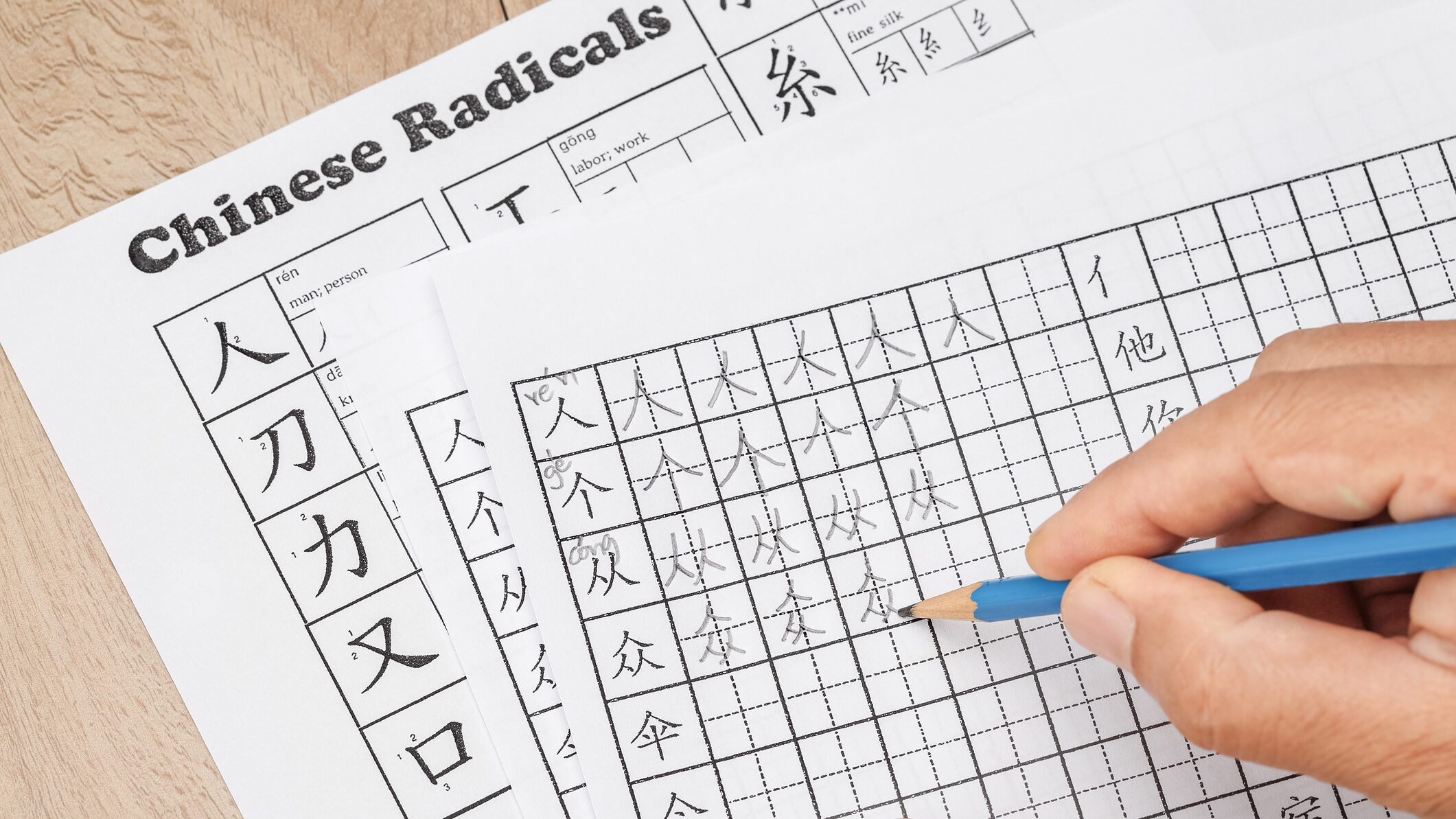Salvaging Mandarin Education in Singapore Through Community
December 22, 2023
Dongzhi, the Winter Solstice, is traditionally celebrated by ethnic Chinese all over the world. However, an increasing number of Chinese Singaporeans no longer understand its cultural significance or partake in the festivities. This is part of a growing trend of Singaporeans feeling disconnected to their ethnic roots and a decrease in Singaporeans’ proficiency in their mother tongue languages. In response to this, Associate Professor Lee Cher Leng and Associate Professor Phua Chiew Pheng (both from NUS Chinese Studies) provide a comprehensive review of Mandarin language education in Singapore in their article, ‘Salvaging Mandarin education in Singapore through community’ (Current Issues in Language Planning, March 2022).
A/P Lee and A/P Phua first and foremost highlight the historical factors that have contributed to Mandarin’s linguistic decline in Singapore, and thereafter examine the recent measures taken by the government to re-establish Mandarin as a language of significance. They trace the diminishing significance of Mandarin in Singapore back to the nation’s nascent years, during which English was definitively chosen as the main working language to maximize economic benefits. Over time, English was established as the medium of instruction in all schools, leading to a reduction in the Mandarin curriculum. The increase in the number of Chinese students from English-speaking families further weakened Mandarin proficiency, as less emphasis was placed on the Mandarin component of the government’s bilingualism policy.
The article highlights key policy shifts, such as the Goh Report and the Ong Teng Cheong Report, as instrumental in transforming bilingual education in Singapore. By recommending English-speaking environments in schools and adjusting language standards to fit students’ abilities, they implicitly enabled a reduced emphasis on Mandarin in the formal curriculum.
Instead, the government shifted its priorities towards community-based Mandarin-learning initiatives. The article emphasizes the shift towards promoting Mandarin, as well as the other official mother tongue languages (Malay and Tamil) as living languages that are enjoyable to speak and used in daily life. To do so, the government implemented measures that included a reduced emphasis on character stroke memorization. However, such changes have sparked controversy among scholars, who question whether such measures plan for the decline rather than the linguistic development of Singapore’s mother tongue languages.
The article concludes by drawing attention to the government’s directive to bolster the importance of community involvement in promoting Mandarin education. A/P Lee and A/P Phua reflect that the committees for promoting mother tongue languages often collaborate with various stakeholders to create language ecosystems wherein mother tongue language use is encouraged. This is accompanied by community efforts to improve reading and writing through activity and performance.
Overall, the article provides an overview of the challenges Mandarin language education faces in Singapore and the measures taken by the government to address them. A/P Lee and A/P Phua deftly explain that while the focus has shifted towards community-based initiatives and creating an enjoyable learning environment, the success of these efforts has yet to be fully evaluated.
Read Salvaging Mandarin education in Singapore through community here: https://www.tandfonline.com/doi/abs/10.1080/14664208.2022.2050604?journalCode=rclp20

